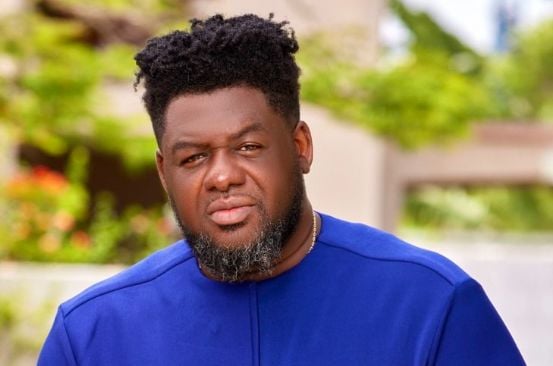The recent arrest of Kofi Boat, Dada Joe Remix, and other individuals in an Interpol-FBI operation related to alleged romance scams has ignited a firestorm of public reaction in Ghana. Many Ghanaians have expressed open jubilation at the news, seemingly celebrating the downfall of the accused. However, this public display of schadenfreude has drawn sharp criticism from entertainment manager BullGod (Maxwell Donkor), who has cautioned against premature judgment and emphasized the importance of due process. BullGod argues that the presumption of innocence is a cornerstone of a just legal system, and the public should refrain from celebrating or condemning individuals before a court of law has determined their guilt or innocence. He stresses that the accused remain suspects and that the legal proceedings must be allowed to unfold without undue public pressure or interference.
BullGod’s central argument rests on the principle of empathy. He implores Ghanaians to consider the possibility of false accusations and the devastating impact such accusations can have on individuals and their families. He underscores the idea that anyone could find themselves wrongly accused and subjected to public scrutiny, and therefore, a measured and compassionate response is essential. He uses a hypothetical personal scenario to illustrate his point, urging the public to step into the shoes of the accused and imagine the emotional turmoil they might be experiencing. This empathetic approach, he argues, is crucial to maintaining a fair and just society where individuals are not condemned based on speculation or incomplete information.
The entertainment manager further criticizes the seemingly gleeful reactions from some segments of the Ghanaian public, highlighting the potential damage such reactions can inflict on individuals who may ultimately be proven innocent. He emphasizes that the justice system is designed to meticulously investigate allegations and separate truth from falsehood, a process that requires time and objectivity. Premature celebrations, fueled by speculation and unverified information, undermine this process and create a climate of prejudice that can taint the perception of the accused, regardless of the final verdict. He argues that such public pronouncements of guilt before a proper trial not only disrespect the legal process but also potentially prejudice the outcome.
Furthermore, BullGod’s argument extends beyond the immediate case involving Kofi Boat and others. He uses this incident as a broader commentary on the need for responsible public discourse, especially in the age of social media where information spreads rapidly and often without proper verification. He cautions against the dangers of mob mentality and the tendency to rush to judgment based on incomplete or biased narratives. He calls for a more nuanced and informed public discourse, one that prioritizes critical thinking, empathy, and respect for the legal process. This careful consideration, he believes, is essential to safeguarding the integrity of the justice system and protecting the rights of all individuals, regardless of their social standing or the nature of the accusations against them.
In essence, BullGod’s appeal is a call for restraint and reflection. He urges Ghanaians to resist the temptation to engage in speculative pronouncements of guilt and instead allow the legal process to unfold without undue influence. He highlights the importance of respecting the presumption of innocence, emphasizing that the burden of proof lies with the prosecution and that individuals should not be subjected to public condemnation based on mere allegations. This measured approach, he believes, is crucial for maintaining a just and equitable society where individuals are afforded the opportunity to defend themselves against accusations without facing a pre-determined verdict from the court of public opinion.
Finally, BullGod’s commentary serves as a reminder of the human cost of accusations and the potential for irreparable damage that premature judgments can inflict. He advocates for a more compassionate and understanding approach, urging the public to consider the emotional toll that accusations can take on individuals and their families. He emphasizes that until a court of law has delivered its verdict, the accused should be treated with respect and afforded the dignity of due process. This empathetic perspective, he believes, is vital for building a more just and humane society where individuals are not condemned based on speculation but are judged based on evidence presented and scrutinized in a court of law.


